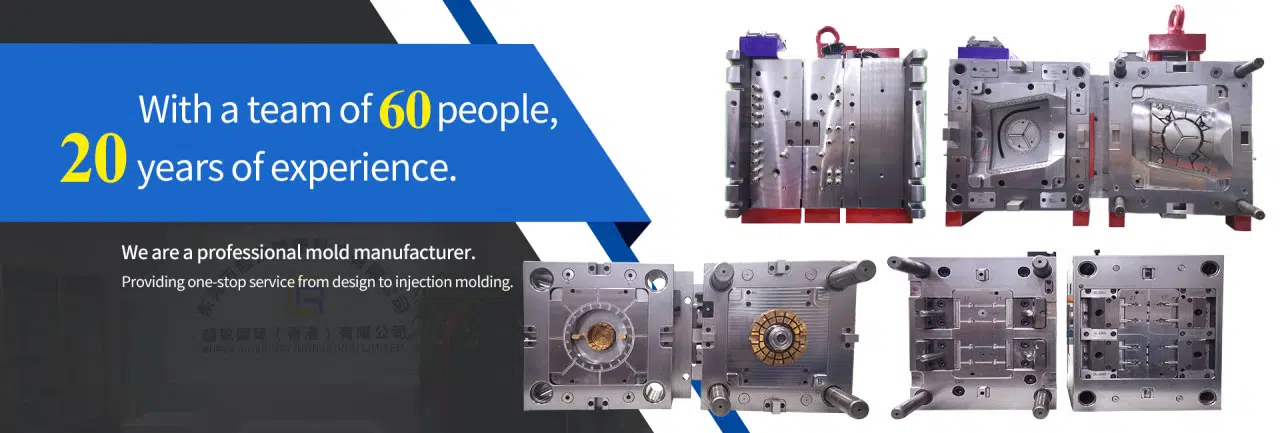
# Stainless Steel Applications in Modern Industry
## Introduction to Stainless Steel
Stainless steel has become an indispensable material in modern industry due to its unique properties. This alloy, primarily composed of iron, chromium, and other elements, offers exceptional resistance to corrosion, high strength, and durability. These characteristics make it suitable for a wide range of applications across various sectors.
## Key Properties of Stainless Steel
The popularity of stainless steel stems from its remarkable properties:
- Corrosion resistance
- High strength-to-weight ratio
- Hygienic surface
- Temperature resistance
- Aesthetic appeal
- Recyclability
Keyword: Stainless Steel
## Major Industrial Applications
1. Construction and Architecture
Stainless steel is widely used in modern construction for structural components, facades, and roofing. Its durability and aesthetic qualities make it ideal for bridges, skyscrapers, and public buildings. The material’s resistance to weathering ensures long-term performance in outdoor environments.
2. Food Processing and Catering
The food industry relies heavily on stainless steel for equipment and surfaces. Its non-porous nature prevents bacterial growth, while its easy-to-clean surface meets strict hygiene standards. Common applications include processing machinery, storage tanks, and kitchen utensils.
3. Medical and Pharmaceutical
In healthcare, stainless steel is used for surgical instruments, implants, and medical equipment. Its biocompatibility and sterilization capabilities make it essential for maintaining sterile environments in hospitals and laboratories.
4. Automotive and Transportation
The automotive industry utilizes stainless steel for exhaust systems, structural components, and decorative trim. Its resistance to heat and corrosion makes it particularly valuable for parts exposed to harsh conditions.
5. Energy Sector
Stainless steel plays a critical role in power generation, including nuclear, thermal, and renewable energy plants. It’s used in heat exchangers, piping systems, and structural components where corrosion resistance and strength are paramount.
## Emerging Applications
Recent technological advancements have expanded stainless steel applications into new areas:
- 3D printing with stainless steel powders
- Advanced water treatment systems
- Space exploration equipment
- Next-generation battery technology
## Environmental Benefits
Sustainability Advantages
Stainless steel offers significant environmental benefits:
- 100% recyclable without quality degradation
- Long service life reduces replacement frequency
- Low maintenance requirements decrease chemical usage
- Contributes to energy efficiency in buildings and transportation
## Future Outlook
The demand for stainless steel continues to grow as industries seek durable, sustainable materials. Ongoing research focuses on developing new alloys with enhanced properties for specialized applications. As manufacturing techniques improve, we can expect even broader adoption of stainless steel across industrial sectors.
With its combination of strength, durability, and environmental benefits, stainless steel remains a cornerstone material for modern industrial applications, promising to play an even greater role in future technological developments.
